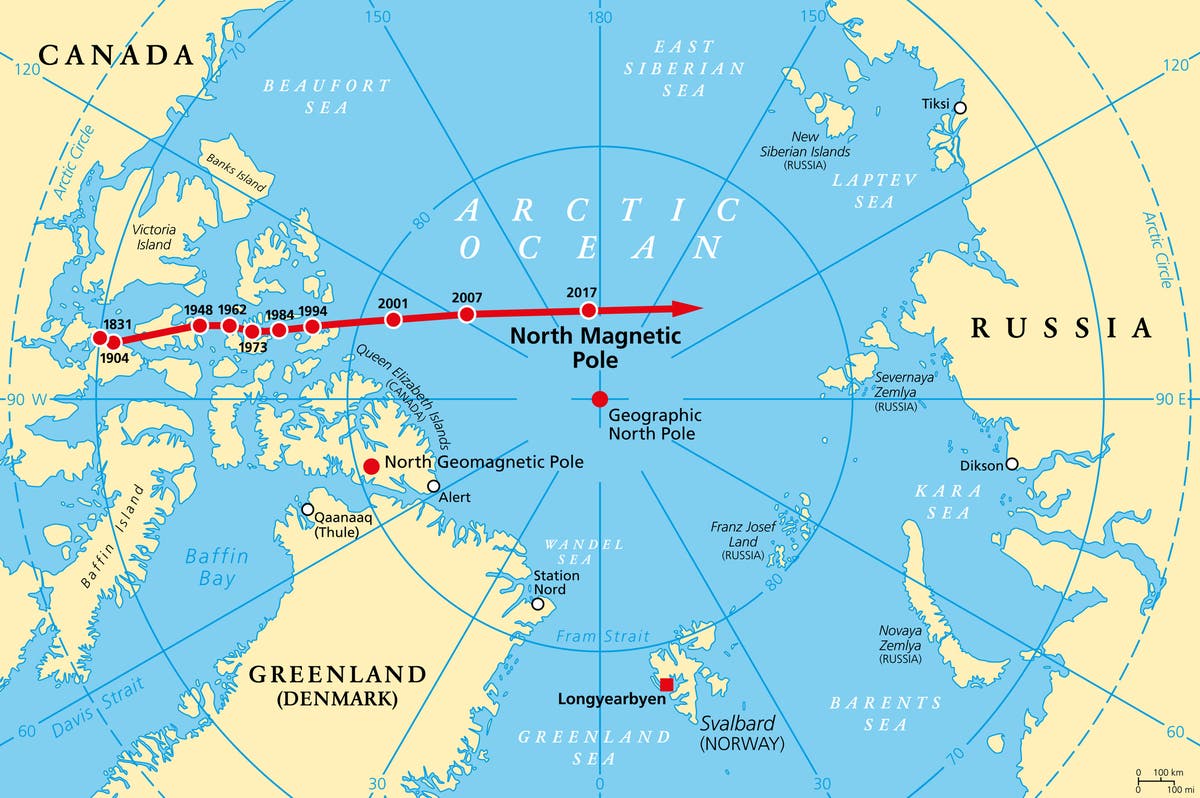UK Inflation May Still Require Longer Restrictive Policy: BoE Governor

Bank of England Governor Andrew Bailey will acknowledge progress in curbing inflation in the UK but warn that interest rates may need to stay higher for longer than anticipated due to concerns about the labour market.
In a speech at the Federal Reserve's annual Jackson Hole symposium in Wyoming on Friday, Bailey is expected to highlight the sharp decline in headline inflation, particularly due to easing energy and food price pressures. He will also credit higher interest rates with successfully tackling so-called "second-round" effects on wage growth and price-setting.
The UK's headline inflation rate has dipped below the Bank of England's 2% target for two months this year, before rising to 2.2% in July.
Despite the positive developments, Bailey is expected to express concerns about persistent inflation, acknowledging that two less "benign" scenarios remain possible. These scenarios suggest that structural changes in product and labour markets are driving lasting supply-side adjustments, potentially necessitating continued restrictive monetary policy.
His comments come after Federal Reserve Chair Jerome Powell signalled on Friday that the US central bank may soon begin cutting interest rates, stating that "the time has come for policy to adjust."
BoE policymakers have repeatedly voiced concerns about the pace of wage growth and the tight UK jobs market. Inflation in the services sector, which dominates the UK economy, remains above 5%.
The BoE cut interest rates by 25 basis points in August, marking its first cut in the current cycle. However, a close vote (5-4) indicated internal divisions among policymakers, highlighting the uncertainty surrounding the economic outlook.
Market participants are currently pricing in another 50 basis point cut this year, according to LSEG data.
Bailey will argue that the economic costs of bringing down persistent inflation, in terms of lower output and higher unemployment, may be less substantial than in the past. This, he will say, suggests a more gradual disinflation process, potentially leading to a "soft landing" rather than a recession.
The UK economy has rebounded from a brief and shallow recession in 2023, with gross domestic product expanding by 0.7% and 0.6% in the first and second quarters of this year, respectively.





